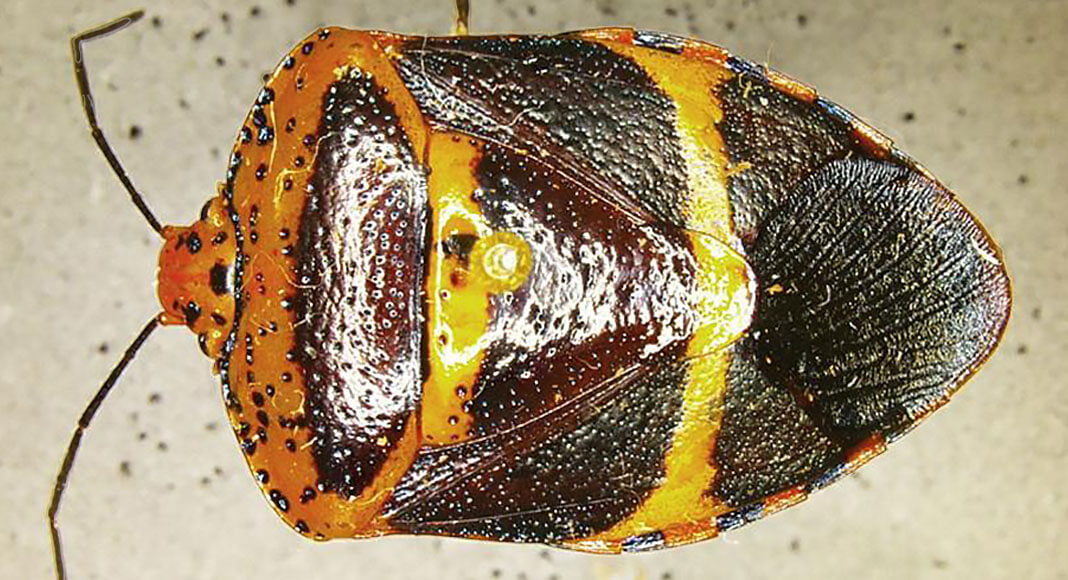
Texas Border Business
BROWNSVILLE, Texas – Agriculture Specialists with U.S. Customs and Border Protection, Office of Field Operations (OFO) at the Gateway International Bridge intercepted a rare “First in Nation” pest in Spanish moss used to decorate a Christmas nativity stable.
“CBP agriculture specialists at Brownsville Port of Entry do an outstanding job in safeguarding the agriculture of the nation by preventing the introduction of pests not known to occur in the U.S. I commend our agriculture specialists for another First in Nation pest interception,” said Port Director Tater Ortiz, Brownsville Port of Entry.
The interception occurred on Dec. 3, 2021, at the Gateway International Bridge when a vehicle was referred to secondary for agriculture inspection of a nativity stable decorated with Spanish moss. During the examination of the Spanish moss, CBP agriculture specialists intercepted a stink bug which was submitted for identification to a local U.S. Department of Agriculture area entomologist. On Feb. 28, 2022, the initial pest identification was confirmed as Pharypia nitidiventris (Stal) (Pentatomidae), a First-in-Nation interception, by the U.S. Department of Agriculture’s (USDA) Systematic Entomology Laboratory in Washington D.C.
Insects in the Pentatomidae family, commonly known as stink bugs, have sucking mouthparts and feed on a wide variety of fruits and plants and many may be detrimental to the nation’s agriculture.












